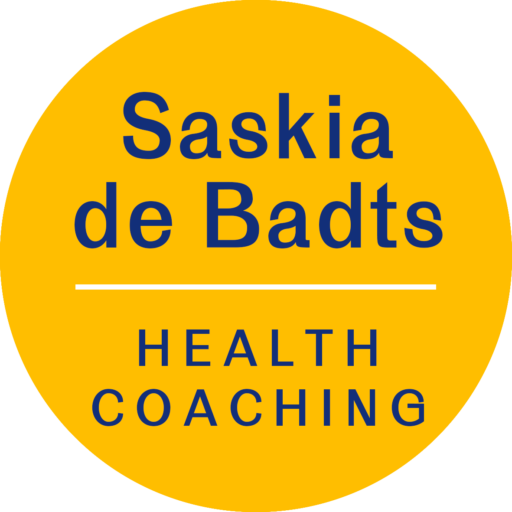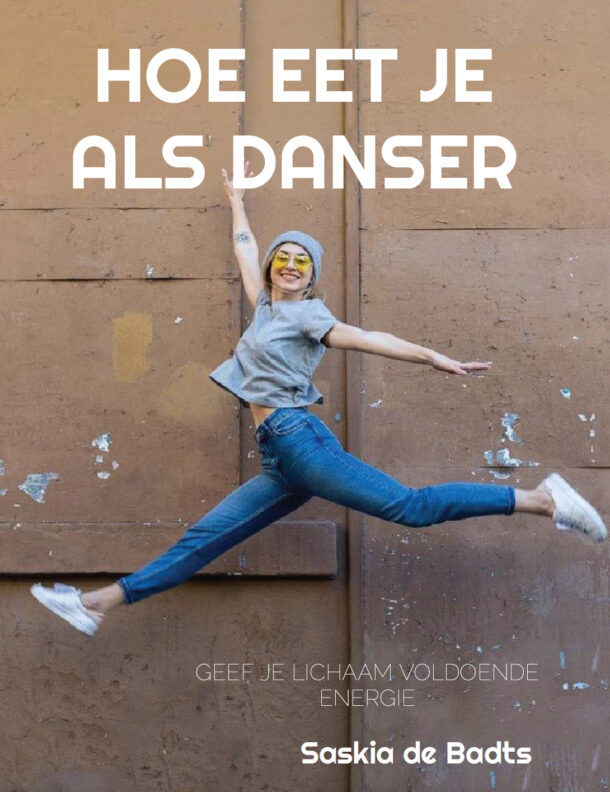Healthy tension
It's what you do it for, being on stage, but it's still exciting when an audience is watching you. The applause of the same audience afterwards is addictive, so stopping because of the tension is of course not an option. Healthy tension is no problem at all, but as soon as it gets more than that, it's time to do something with it. Learning Understanding stress and ways to reduce and manage it is one of the best ways to deal with stress .
Open classes, auditions, performances
Dancers do many things that can cause stress. You're on stage and in the studio with other people watching you, you might compete in battles and of course there's the auditions; for training, a dance company or shows. At all those moments, the maximum is expected of you. Pretty exciting.
eustress??
As I said before, healthy tension is not a problem, there is even a very nice name for it: Eustress. I'd like to show you what the difference is before I start giving you tips on what to do.
There are two different forms of stress: Eustress and Distress. If you suffer from Eustress, that is even positive, really. Here are the differences
eustress:
Positive effect
Short recovery
Gives energy
Improves performance
Makes alert
Improves focus
distress:
Negative effect
Long recovery
Costs energy
Decreased performance
Nervousness
Confused feeling.
A good example of Eustress is when you fall in love: Positive stress can excite and inspire you to perform at a higher level.
A little theory
In this blog I'm going to talk about how you can deal with distress. But first let's look at what happens when you get stressed. There is a perceived threat, you define that threat. The threat can be real physical or emotional. This kind of reaction activates a part of our brain, the part that processes the emotional processes (know more; Google: amygdala). If a threat is perceived, every effort is made to fend off or flee from it. Hormones then ensure that your heart rate goes up, you get sweaty hands and shallow breathing. Anyone about to go into an audition probably recognizes this.
Be prepared
The good news is that you can prepare for stress. Stress can pop up at any time, but there are a number of ways to reduce the amount of stress you experience in situations before they happen.
One of the best ways to deal with the stress of auditions, performances, and competitions is to prepare your mind well in advance.
Here are five tips to prepare for stress you may experience in dance-related situations.
TIPS:
- Discuss with someone, in detail, the different situations that can arise
For any potentially stressful event in the future (audition, performance, competition), you can relieve the stress by specifically asking someone if they can tell you what to expect.
If you have an audition scheduled, ask someone who has done this before to show you step by step what to expect during this process. Discuss all scenarios, the more you think you know about an unfamiliar situation, the more comfortable you will feel. And the more you will learn from the experience.
So, discuss exactly what you could do. You can talk about, “What are you going to do if you forget your choreography?” 'How do you deal with the Board of Examiners?' How will you react if you are rejected at an audition?
These types of conversations can help you review and practice what you might do when faced with a perceived threat. It can also make the situation a bit familiar since you've already gone through them.
2 . Progress is more important than perfection
By encouraging yourself (yes, really), to focus on your own journey rather than the end goal; the job/price/performance, you can reduce the perceived threat of failure in high-stakes situations. Because the focus is entirely on getting hired, you may experience a blackout during an audition when you are confronted with having to dance for the choreographer.
Try to formulate your goal differently in situations like this. Instead of looking at the goal: “I need to be hired”. To part of the process: "I'm going to do my best to do a great audition and remember the choreography". With this mindset, the one doing the audition is not in charge of the outcome of the situation. You are responsible for the situation yourself. This can give you a sense of intrinsic motivation and strength. (Read my previous blog about driving yourself)
Before you get into a stressful situation (or even for a class), encourage yourself to set your own intrinsically motivated goals, write them down, and then be the decision maker of your own success.
One of my favorite quotes from my coach: you never fail you win or you learn, is one to remember.
- Do the 5-4-3-2-1 exercise
This five-step exercise is a well-known one and can be very helpful in the event of anxiety or panic. It can help you to relax, to stop worrying. You draw your attention to the sensory aspects of your environment in order to remove the fear.
This is what you can do::
5) Use your eyes and look at 5 things. Look around you: is there something in the room that you never noticed? A painting on the wall, a crack, a moving branch through the window. The 5 things you look at don't necessarily have to be objects. It can also be colors, patterns, shadows or an expression on someone's face.
4) Now use your ears to listen to 4 things. Can you hear a fan running? Footsteps in the distance? Music? The sound of your breathing…
3) Time to feel, 3 things you feel with your body. This can be anything from the temperature of the room, the texture of your clothes, to the shapes of a vase.
2) Now notice 2 things you smell with your nose. Try to smell the subtle scents around you. You may smell someone's hot cup of coffee in another room. You may smell different scents mixed together while taking a walk.
1) The last one: taste 1 thing you taste with your tongue. Explore the taste while enjoying a meal, chewing gum or drinking a glass of water. If you don't eat or drink anything, you may not have anything to taste. Then replace tasting with one of the previously mentioned senses.
4 . Go outside
Studies have shown that spending even a short time outdoors in nature can lower levels of cortisol (your body's main stress hormone) and lower your heart rate.* In short, nature can help you relax. Even a few minutes outside can help relax your body and mind.
5 . Diary
I know from my own experience that writing down your emotions can help you reduce mental stress and improve your well-being. Writing about positive feelings, such as the things you are grateful for or proud of, can help ease symptoms of anxiety. It can also help you control your emotions. You can process information better and that in turn helps to reduce stress. Through short periods of self-reflection you get to know yourself much better. You don't have to write a whole book every day. Briefly write down how you feel after a class; what did you like, what was less nice, what thoughts went through your head at what time. What would you like to change for a more positive experience? It only needs to take a few minutes a day, but a self-reflection journal can help you organize your thoughts and reduce some of the stress of the day.
Accountability:
The above points are easy to implement. It's often about persevering and holding yourself accountable for the action steps you've come up with yourself. Of course you can do this yourself, but with a coach you will reach your goals much faster. A coach ensures that you can get the best out of yourself. My vision of you is many times greater than your own vision of yourself. Do you also want to look back on a great career later on? Schedule a conversation with me and we can see how you can be the best version of yourself.
Inspired by:

